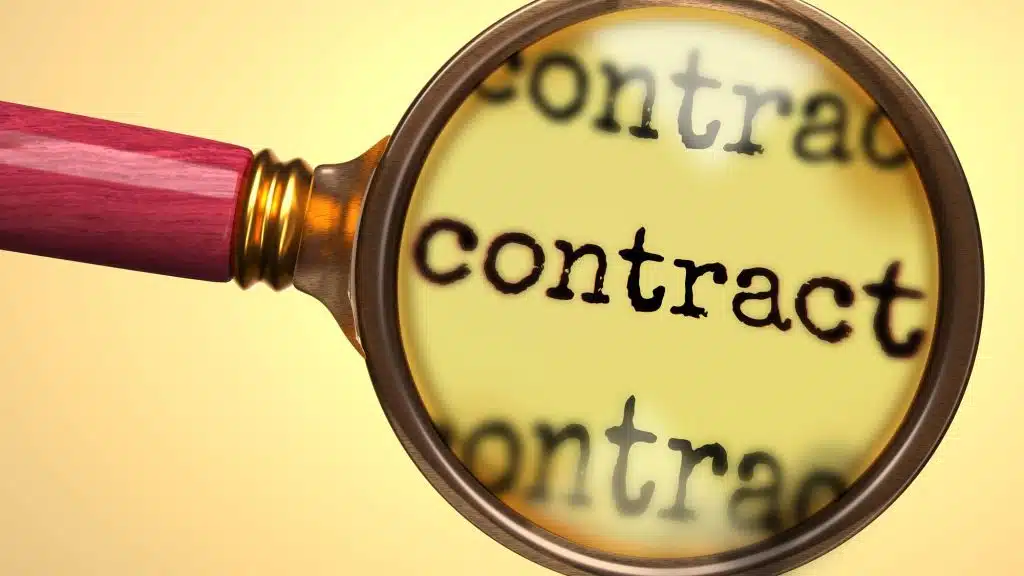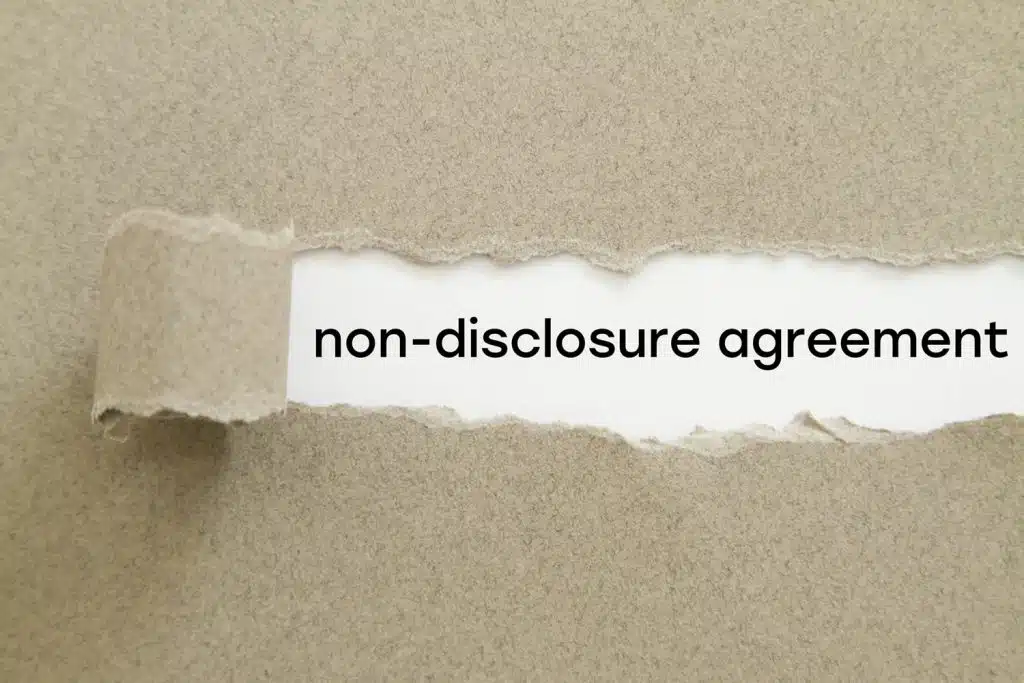Key areas of distribution agreements
The agreement specifies a formal arrangement between the parties and the distribution rights granted are either on a non-exclusive or exclusive basis and within an agreed geographical area.
For those considering this – either the manufacturer / supplier or the prospective distributor, a distribution agreement can protect each business by defining the relationship and protecting both parties from potential legal liability.
While there are many factors to consider when looking at a distributor agreement, however, to get you underway, we have listed some key areas below. As always, we strongly advise all parties to seek professional and experienced legal advice.
1. Exclusive and non-exclusive
This simply means if the agreement is exclusive, there will be no other distributor franchised in the agreed territory. If non-exclusive, the distributor might be one of several distributors franchised in the territory. On the supplier side, if the agreement is exclusive, they forfeit the opportunity (for the agreed period) to franchise any other distributors in that territory. In the case of a non-exclusive agreement, other distributors can be appointed creating greater competition but potentially better returns for the supplier. Both have their merit and are generally industry, market, product or territory driven. Whatever is ultimately decided, it is essential the terms are well covered in the agreement.
2. Using proven industry agreements
To ensure a level playing field between parties, it is worth considering an existing model agreement from the industry’s distributor association. If this doesn’t exist in your area, look at ‘like’ industries as a guide. By doing this, you can create a good baseline from which to compare your agreement.
3. Termination options
It is not uncommon to include annual termination or semiautomatic renewal in a distributor agreement. The inclusion of these terms and conditions allow either party to submit a Notice of Intention to Not Renew without having to provide a 30 day (or similar) notice prior to the end of the calendar, financial or agreed period in the year. This option is often used to drive the performance side of the relationship.
4. Pricing
In challenging periods and markets, the manufacturer / supplier needs the scope to pass on increases in cost. In the agreement, one way to help manage this and avoid ‘spot’ increases, is including a 30-day notice for price changes. This will help reduce conflict, allow for discussion and encourage fairness in the partnership.
There is no question, distributor agreements are an integral component in the relationship between a distributor and a manufacturer / supplier. A professional, carefully considered and constructed agreement can help not only protect the parties, but help develop the working relationship.
At LawBase, we have extensive experience in developing professional, comprehensive, yet easy to read and understand agreements. We encourage you to talk to us if you are considering a distributor relationship.
Get in touch
Fill in the form below and one of our team will be in touch. You can also phone 1300 149 140 during standard business hours.













